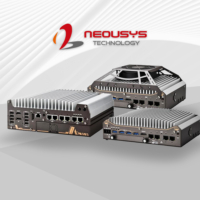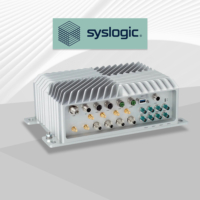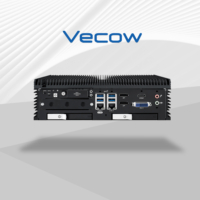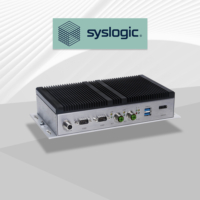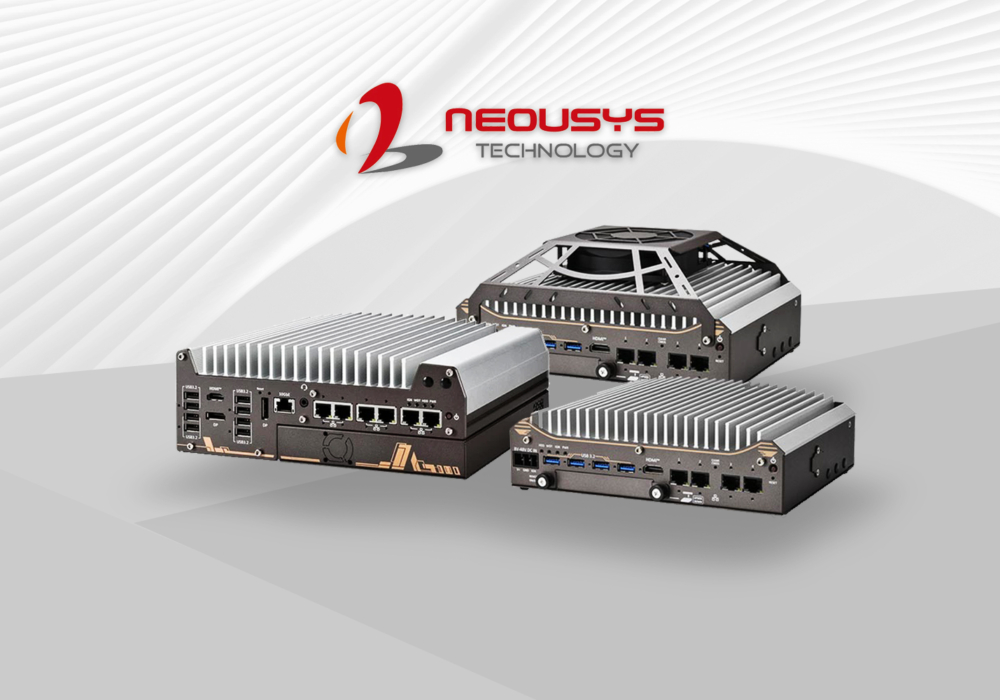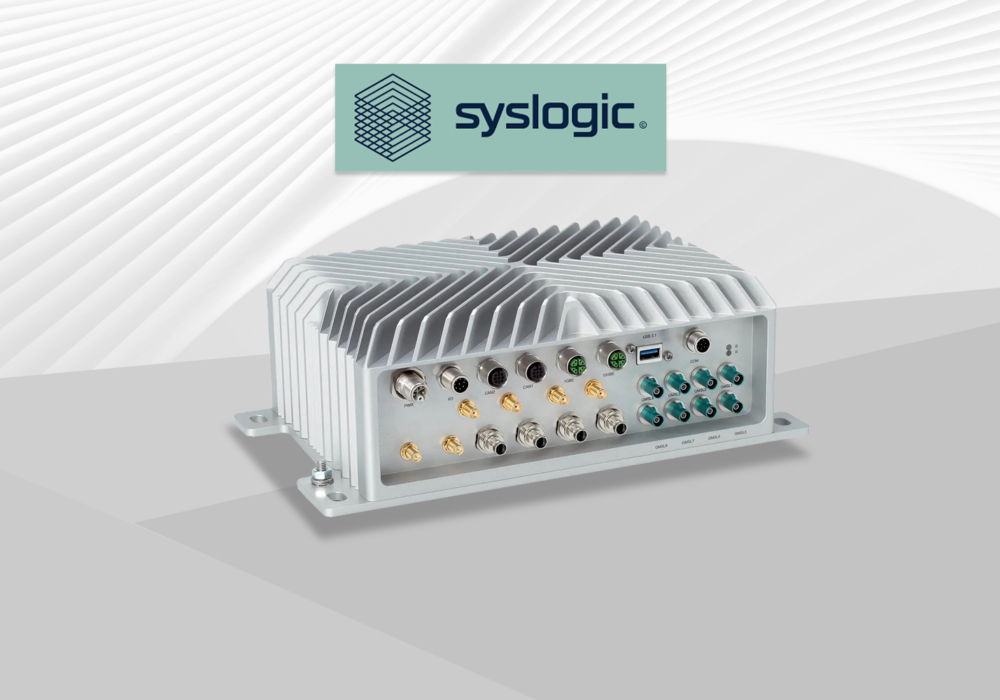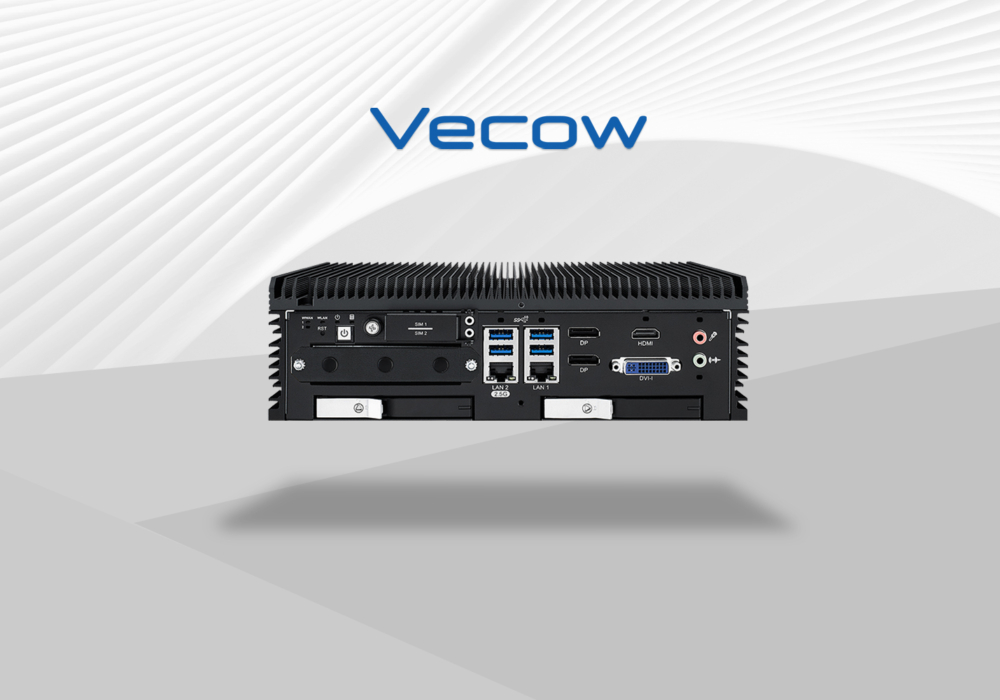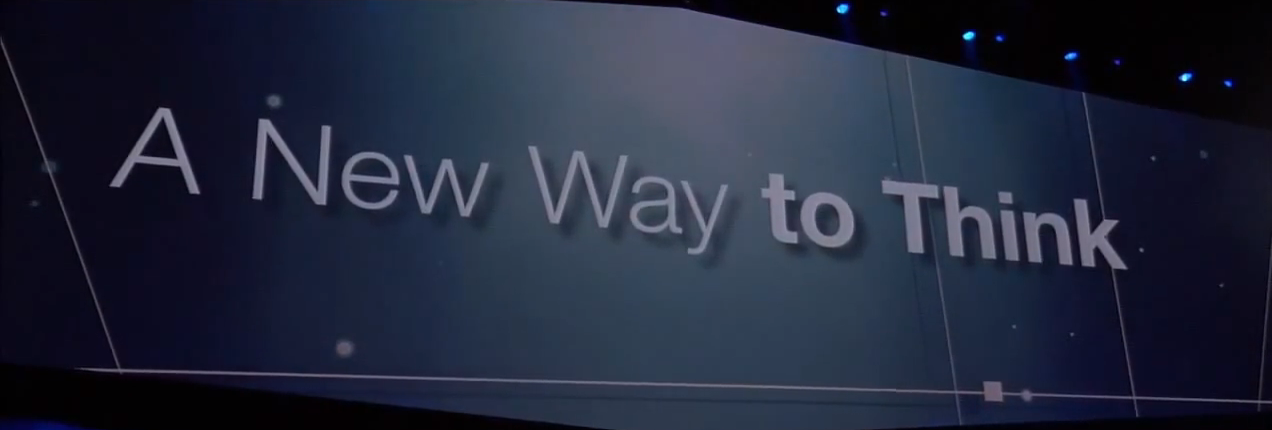
Quantum Computing has for 35 years been a key focus for the techno-giants, in 1981 IBM and MIT jointly hosted the very first quantum computing conference. Quantum computing is based upon quantum physics and fundamentally nature as for over a century it has been established that nature’s building blocks obey the laws of quantum physics and so in 1981, Nobel Laureate Richard Feynman urged scientists to build a computer according to quantum mechanics so we could then simulate nature, this of course was after Paul Benioff first applied the quantum theory to computers theorizing about creating a quantum Turing Machine.
Consequently for over 20 years IBM maintained a research lab dedicated to the cause as they believe that current digital electronic computers based on transistors are almost fulfilled and so, more than wanton, the next step is required. It is of such significance that the research is recognized and compared to that of the space race, where IBM were also were a critical cog.
On May the 4th 2016 IBM announced the breakthrough. They have opened quantum computing capabilities to researchers and scientists around the world, who can now access IBM’s five-qubit quantum processor on any desktop or mobile device by utilizing the IBM Quantum Experience which is the first of its kind delivered on the Bluemix platform via the IBM Cloud. The crucial piece of this hugely complex puzzle has been the lack of hardware to test theories and ideas which IBM’s quantum systems now provide through the Bluemix portal. The portal allows users to run and test algorithms and experiments on IBM’s quantum processor working with individual qubits and explore resources of just what quantum computing maybe able to permit.
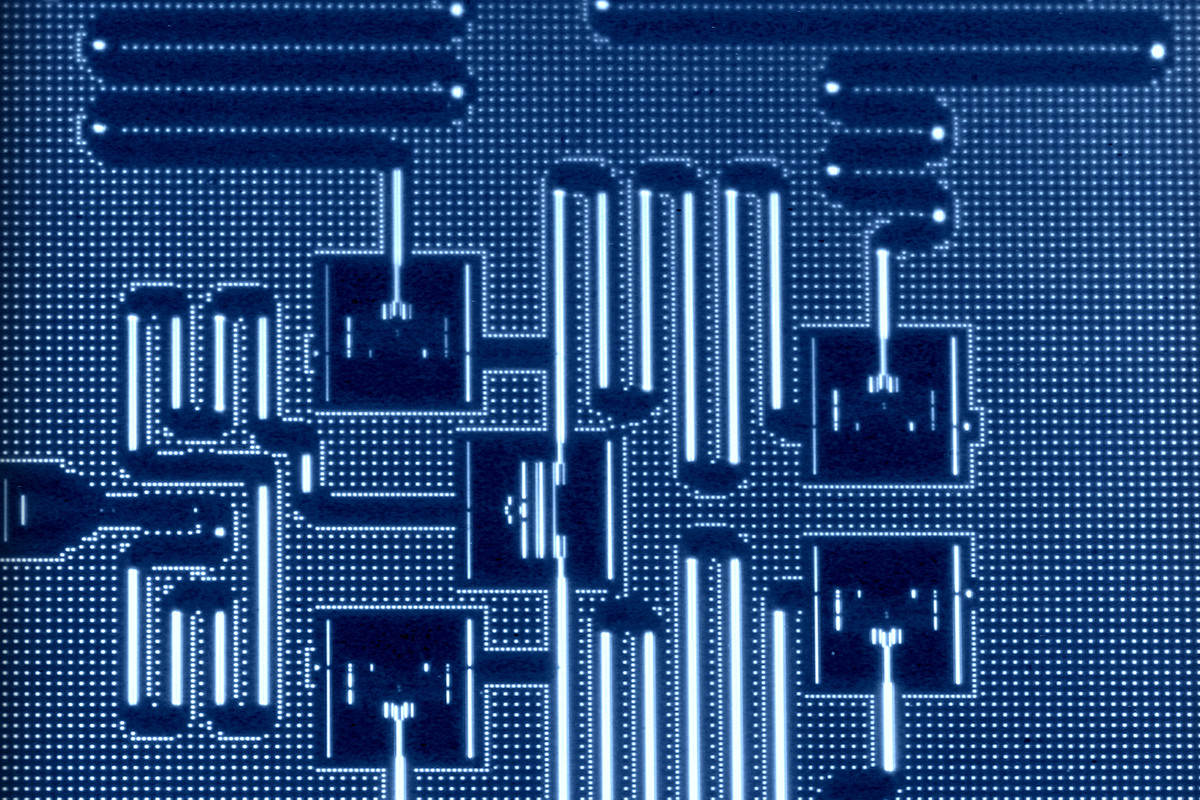
But what is Quantum computing?
The computer you are reading this one works in 1’s and 0’s, on or off on a binary basis, but quantum states allow for much more complex information to be encoded in to a much smaller computer, going by Moore’s Law in that the number of transistors on a microprocessor doubles every 18 months, by 2020 or 2030 the number of circuits on a microprocessor will have to be measured on an atomic scale. Quantum computers will then harness the power of atoms and molecules to perform calculations much faster than any silicon-based setup.
The 1’s and 0’s in a quantum computer can be both at the same time or superposition’s of, so whilst a normal computer can manipulate data in either 1 or 0 states, quantum computers aren’t limited to the 2 states instead they can work on every superposition and effectively every point in between. The quintessential point is that instead of digital computers which only workout the correct action, or solution to a proposed problem, quantum computers will calculate every possible answer and analyse the most appropriate at lightning speeds.
To put that simply…
Because these atoms can be programmed to represent all input combinations- doing so simultaneously- when an algorithm is ran all possible input combinations are tested at once, whereas with a regular computer you’d have to serially cycle through every possible input combination before discovering the solution which for some of the most complicated calculations would take an age.
This isn’t Quantum computing completely cracked- what it is more so is the start of the final stage, by opening the portal up to researchers, scientists and developers the world round, it is hoped that the bringing quantum computing from the hypothetical to the practical will be able to happen much quicker by reaching out to a global base and not just a select few in a certain laboratory. In theory the cloud model solves the requirement of having an on-premises physical machine by having a single quantum computer available on the cloud platform.

It’s an unprecedented advancement that will no doubt be the beginning of the end of a 35+ year process, but what that details is exactly what is at stake. Though the practical applications of quantum computing are still a long way off, what it promises could be groundbreaking. D-Wave are a small Canadian firm backed by the CIA and NASA and were the first firm to produce a so-called quantum computer priced at $10million a pop though critics are-a-plenty, whilst most people are still working out exactly where the applications could ultimately go.
But where could this lead us? What does it mean in the real world? What could it mean for you?
Well applications cover almost any industry and more specifically the progression of those industries. New software is currently being tested by D-Wave for exceedingly complex software that could not run with current aeroplane technology with the eventual aim of safer planes. In terms of our exploration of the world beyond our own quantum physics could assess data harnessed by telescopes to discover distant planets with a likeness to our own. In the world of politics and global organizations marketing/consumer data can be analysed in seconds specifically identifying certain ranges, trends and preferences that have not before been possible in addition it is projected that hyper-personalized advertising (however daunting it sounds) could well be a huge factor in economic growth and in stimulating consumer spending.
Autonomous vehicles as we all well know are in the metaphorical pipelines with Google and Volvo leading the way, whilst reports do claim that their respective technologies do perhaps use quantum computers to design software to distinguish cars from landmarks, precision weather forecasting may finally be an opportunity though I don’t many that would trust such forecasts be it quantum computer or clichéd presenter. The technology could eventually trickle its way down to working out our journey times and variations of, whilst healthcare is perhaps the most interesting and far-reaching, analyzing DNA-sequencing data to discover superior targeted treatments whilst computational developments could also lead to the determination of exactly how diseases develop and consequently how they are stopped.
It’s not just about the speed but the sheer scale of information that can be processed and analysed simultaneously. Reducing time and cost are two of the biggest areas for exploitation, though the main applications for quantum computers is to solve exceptionally complex computational problems which we cannot now but the most relatable explanation is as follows; in pharmaceuticals concerning the discovery of new drugs, testing trillions of combinations of amino acids to find a single protein is the epitome of the proficiencies, to discover, to go beyond, and ultimately continue our evolution.
About Assured Systems
Assured Systems is a leading technology company offering high quality and innovative applied computing solutions to the embedded, industrial, and digital-out-of-home markets across the world. Headquartered in Stone, England and with offices in North America, our reach is truly global. Our impressive product portfolio includes a full range of Fanless Embedded Computer Systems, Digital Signage & Multimedia Computer Systems, Touchscreen Panel PCs, Human Machine Interfaces, Vehicle Mount Computers, Rackmount Computer Systems, Single Board Computers, Rugged Laptops & Tablets.
